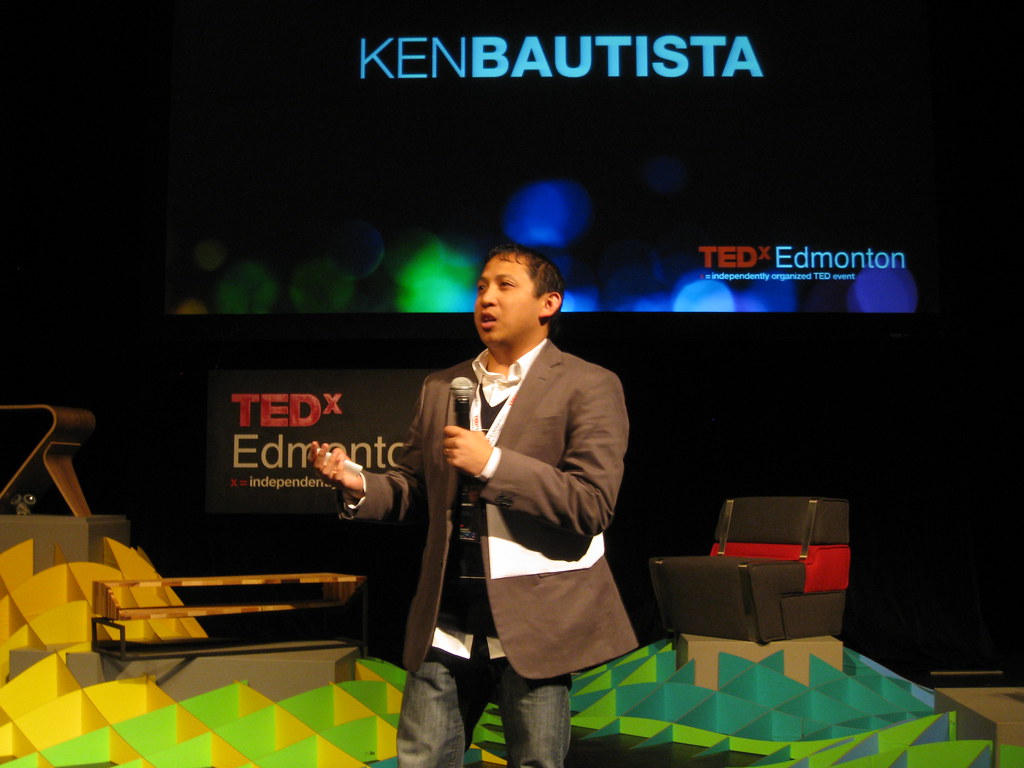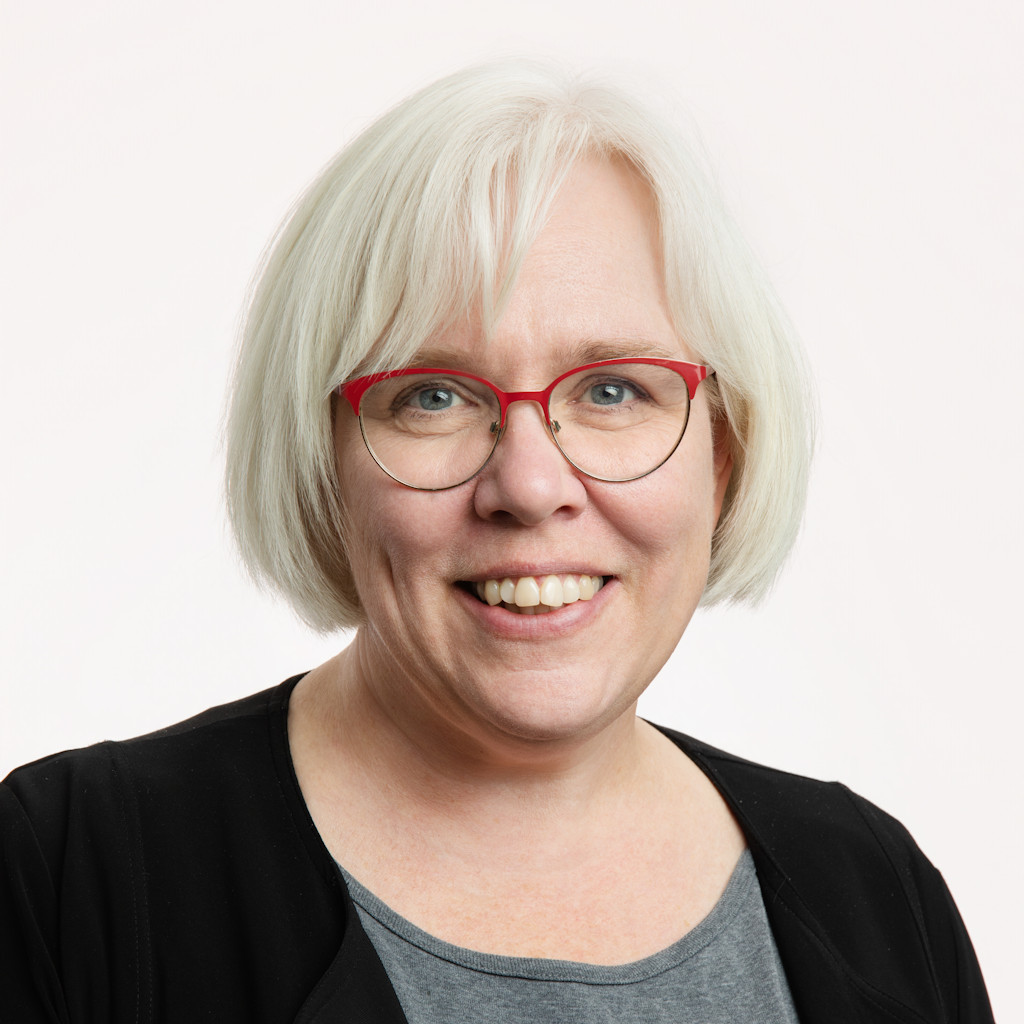
From bytes to bites: The Public applies Startup Edmonton playbook to food
By
 Karen Unland
Karen Unland
Startup Edmonton co-founder Ken Bautista finds himself in "founder-entrepreneur mode" again with The Public Food Hub, a startup that connects food lovers to food makers.
"I've always been really interested in place and community and entrepreneurship and technology," he told Faaiza Ramji on Episode 12 of Bloom, Taproot's podcast about innovation in Edmonton.
Tech-focused startups work in bits and bytes, however, which are a lot more scalable and transmissible than the kind of bites he's working in now. "You can't beam food over the internet," he said. "You need to be able to experience it."
When Bautista started The Public in 2020 with Kirsta Franke of the 124 Street Grand Market and Tim Hengel, formerly of Booster Juice, the idea was to create "Startup Edmonton but for food brands," Bautista said. They soon realized there are already a lot of physical spaces in which makers can get started, whether it be food incubators, food halls, or ghost kitchens.
The opportunity for The Public was to develop a customer base for those food brands. And that involves bringing the food to the people, whether it be through neighbourhood drops, culinary experiences, subscription boxes, or markets.
Being part of the first cohort of 500 Global's Alberta Accelerator helped The Public's co-founders sharpen their focus on the customer side of the equation, Bautista said.
"We really leaned into 'How do we focus on the food lover side?' because if we open that up, that's going to immediately create even more value for all of the food makers that we work with."
Other kinds of creators can find their customers through Twitch or Patreon or Etsy. "In food, it can be a really complicated path to reach that customer wherever they are," Bautista said. "But if you think of it as a stack of technology — here's all the tools I need to be able to get to create what I do and then sell it to that customer who may or may not be in my own backyard — what does that start to look like?"




